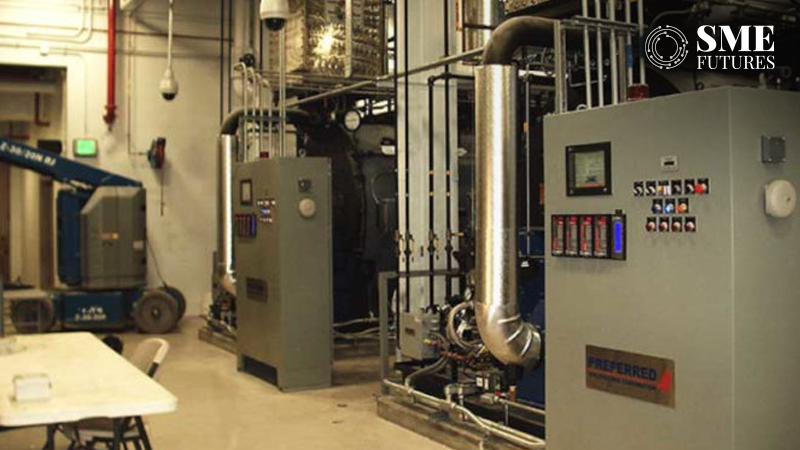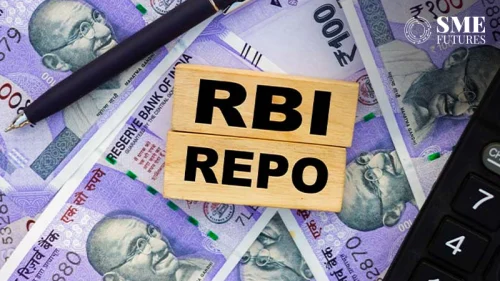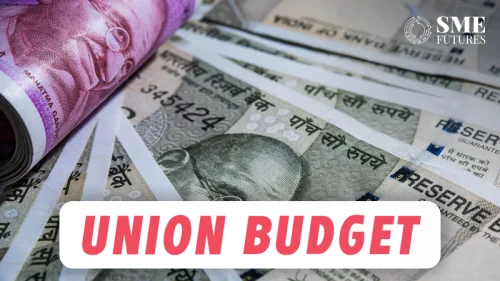To address the contemporary needs of stakeholders involved in the boiler industry, including industry operators, boiler personnel, and regulatory authorities, the government has introduced the Boilers Bill, 2024. This legislative step marks a significant move towards replacing the century-old Boilers Act of 1923. Approved by the Cabinet chaired by PM Narendra Modi on August 2, 2024, the new bill aims to modernise boiler regulations, ensuring they are relevant and effective in today’s context.
Key Features of the Boilers Bill, 2024
The new bill has been crafted following modern legislative practices to ensure clarity and ease of understanding. Here are some of the key highlights:
- Decriminalisation of Offences:
- Out of seven offences under the old act, three have been decriminalised. The remaining four, which could result in significant harm or loss, retain criminal penalties.
- Non-criminal offences will now attract fiscal penalties, managed through an executive mechanism rather than the courts.
- Enhanced Safety Measures:
- The bill prioritises the safety of workers by mandating that boiler repairs be undertaken by qualified and competent persons.
- Specific provisions have been included to ensure the safety of individuals working inside boilers.
- Ease of Doing Business:
- Obsolete provisions have been removed to facilitate business operations.
- Functions and powers of the Central Government, State Governments, and Central Boilers Board are clearly enumerated to avoid confusion.
What is Boilers Act
The Boilers Act, 1923, a pre-constitution law, has been subject to review to assess its relevance in the modern context. Despite a significant amendment in 2007 introducing third-party inspections, further revisions were deemed necessary. The new Boilers Bill incorporates decriminalisation provisions in line with the Jan Vishwas (Amendment of Provisions) Act, 2023, and updates the legislative framework to better serve contemporary needs.
Salient Features in Detail
- Chapter Organisation:
- The act is now divided into six chapters, grouping similar provisions together for easier navigation.
- Removal of Obsolete Sections:
- Sections on the applicability of the act to feed-pipes and economisers, among others, have been omitted.
- New and Amended Definitions:
- New definitions for terms like ‘notification,’ ‘regulations,’ and ‘State Government’ have been added, while existing ones like ‘boiler component’ and ‘inspecting authority’ have been updated for clarity.
- Substantive Enabling Provisions:
- Clauses have been added to empower the Central Government, Central Boilers Board, and State Governments to create detailed rules and regulations.
The introduction of the Boilers Bill, 2024, represents a major update to India’s boiler safety and compliance laws. By decriminalising certain offences, enhancing safety provisions, and streamlining the legislative structure, the bill aims to create a more business-friendly environment while ensuring the safety of workers and compliance with modern standards. This new bill is expected to build trust, improve regulatory clarity, and enhance the overall efficiency of the boiler industry in India.











